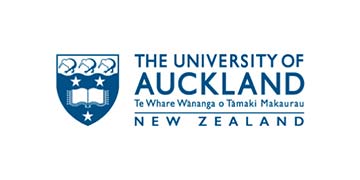University of Auckland: Students’ sustainability projects shared at United Nations workshop
University of Auckland students’ sustainability projects were shared with more than 300 educators around the world at a United Nations workshop.
In one, students proposed gamifying litter collection with an app that people could use to scan rubbish and earn points. In another, a “comeback container scheme” would cut waste to landfill generated on campus by lending food containers to students.
Dr Niki Harré, of the School of Psychology in the Faculty of Science, showed videos of the projects at an online United Nations Academic Impact workshop called Sustainable Development Goals in College Curricula: Mainstreaming & Mapping. UNAI is an initiative for institutions of higher education to help achieve the UN’s Sustainable Development Goals including environmental sustainability, addressing poverty, and protecting human rights.
The student projects were part of the University of Auckland’s three SUSTAIN courses, which teach what sustainability means, its underpinning values, and the role individuals and organisations play in creating solutions at the local and international level. The courses are available to arts and science students, with the first year course available to all students as a General Education option.
A curriculum review now underway at the University aims to see all students exposed to sustainability and has led to proposals including a Sustainability Centre and a potential first-year course on “responding to wicked problems,” said Dr Harré.
Teaching students to collaborate across disciplines is crucial for responding to society’s big challenges, according to Harré, whose academic specialties include the psychology of sustainability.
In 2021, the University of Auckland retained a top-10 place in the international Times Higher Education (THE) University Impact Rankings.
The rankings measure how universities worldwide are performing against the UN Sustainable Development Goals. The SDGs came into force in 2016 and set a 15-year agenda for all countries to end poverty, fight inequalities and build peaceful, just and sustainable societies.

